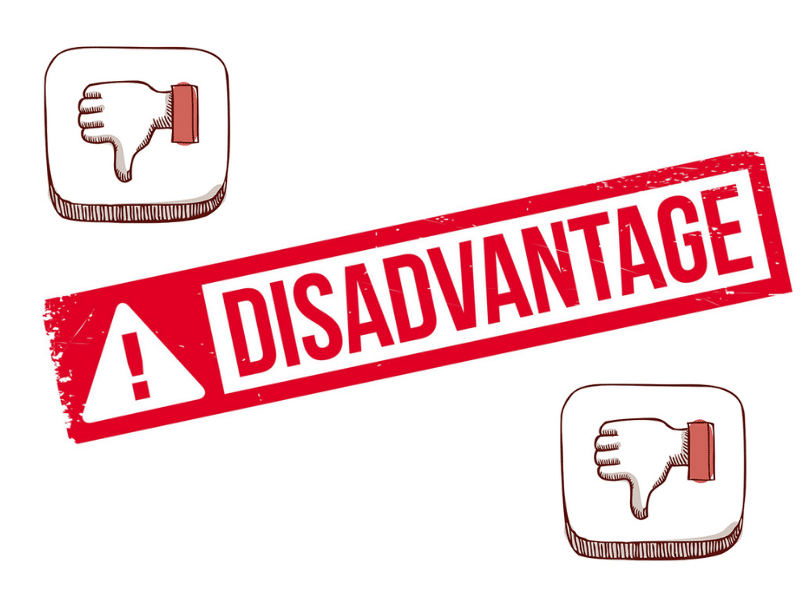As the cryptocurrency market matures, investors are increasingly looking for new opportunities to invest their funds. One of the latest investment options to emerge is non-fungible tokens or NFTs. NFT is a digital certificate of ownership representing the purchase of a digital asset, traceable on the blockchain. Each NFT has a distinct identifying code that allows it to be distinguished from other NFTs and prevents replication. While NFTs offer a number of benefits, there are also some risks associated with investing in this crypto space.

In this article, we’ll take a look at some of the key considerations investors should keep in mind when deciding whether or not to invest in NFTs.
Read More: What is NFT and How Does It Work?
Pros of Investing In NFTs

1. Unique and Distinctive
NFTs are unique and cannot be replicated, which gives them a certain level of scarcity and value. NFTs also provide a record of authenticity and ownership held and verifiable on the blockchain. This allows collectors to own and trade their favorite works of art without fear of someone else holding an exact copy. This also makes them an attractive investment option for those looking to maximize their return on investment.
2. Diverse Range of Uses
NFTs can be used for a wide range of purposes, from representing virtual assets in video games to representing real-world assets like art. NFTs can also be used for Fundraising, as seen with the charitable gaming event called Blockchain for Good. This diversity gives NFTs a high degree of flexibility and opens up a range of potential uses for investors.
3. NFTs are Open to Anyone
There is no need to have special permission or qualifications in order to invest in this space. Technically, anyone can create a work of art, convert it to an NFT on the blockchain and sell it on their preferred marketplace. This makes it a more accessible investment option for those who may not have access to traditional investment vehicles.
4. Potential for High Returns
As with any investment, there is always the potential for high returns. NFTs are still a relatively new investment option but they have already shown signs of appreciating in value. Some people can have a hundred or million dollars like the Indonesian student who sold his selfie and reached a trading volume of more than $1 million. You can also add a commission to the file, which will pay you every time someone resells the piece.
While there is always some risk associated with any investment, the potential returns offered by NFTs may be worth the risk for some investors.
5. Decentralized and Secure
Blockchain is a distributed database that is secure and can not be tampered with. This means that NFTs are less likely to be hacked or counterfeit.
Existing on the blockchain also allows clear ownership records of all NFTs. This means that investors can rest assured knowing that their assets are safe and having its authenticity questioned.
6. Diversification Benefit to an Investment Portfolio
NFTs offer investors the opportunity to diversify their investment portfolios. By investing in NFTs, investors can diversify their portfolios and hedge against potential risks in other markets. This diversification benefit may help investors reduce overall portfolio risk and improve returns over time.
Cons of Investing In NFTs

1. Illiquid and Volatile
NFTs are still relatively new, not widely understood, and the markets for them are still young and immature. This can lead to high levels of volatility and price swings. Its worth is relative and based on how much someone is willing to pay for it. That is the unique nature of an NFT, which is both a benefit and a drawback.
2. No Guarantees
Although other people make lots of money by buying and selling NFTs, there is no guarantee that you will be able to sell your NFT for a profit. In fact, you may not be able to sell your NFT at all. The value of an NFT also depends on the popularity of the work, category, and how much someone is willing to pay for it.
3. Potential for Fraud and Scammers
Although theoretically, NFTs are more secure because of blockchain technology, there is always the potential for fraud and scams. With the current popularity of NFTs, scammers are coming up with new ways to take advantage of investors. For example, an investor may buy digital artworks that turned out to be counterfeit or fake. This can happen if the seller generates an electronic image of the original art, attaches a token to it, and sells it on an NFT marketplace. Here, there is no link to the original work but rather to a fraudulent reproduction. It is important to do your research before investing in any NFT and to only buy from reputable sources.
4. Environmental Concerns
The energy required to create blockchain records has come under scrutiny because the process consumes a lot of electricity. A single NFT transaction requires as much electricity as the average home for about a day and a half. A recent Cambridge University study has also shown that the rise in crypto mining and blockchain activities has increased global warming by 2%. If the popularity of NFTs increases, environmental concerns will also increase.
Read More: Bitcoin Do’s and Don’ts






